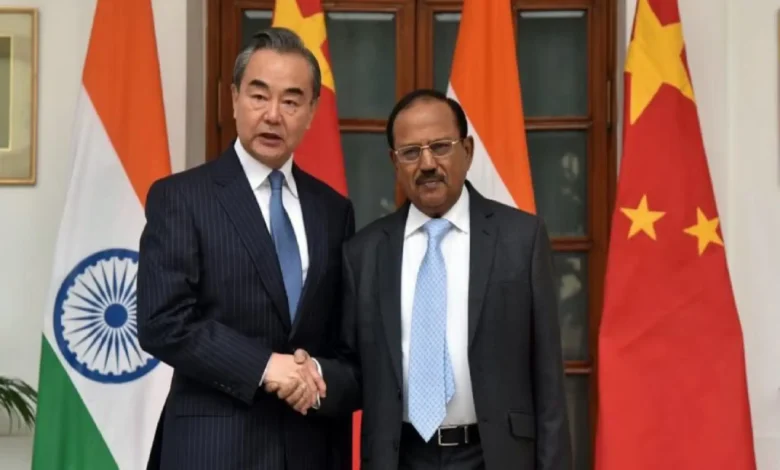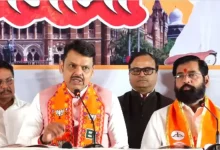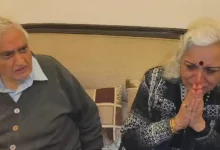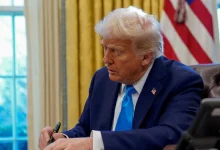
China Foreign Minister Wang Yi is scheduled to visit India next week for discussions with National Security Advisor Ajit Doval, as both nations continue efforts to mend ties amid ongoing border tensions.
Wang and Doval serve as special representatives for their respective countries, overseeing negotiations on boundary disputes.
This meeting occurs against a backdrop of recent positive steps in India-China relations, including last year’s partial resolution of the Ladakh standoff, China’s resumption of the Kailash-Mansarovar Yatra, and India’s reinstatement of tourist visas for Chinese nationals. Direct flights between the two countries are also expected to restart soon.
Later this month, Prime Minister Narendra Modi will travel to China for the SCO Summit his first such visit since relations soured in 2020 following Chinese incursions in the Himalayas, notably the Galwan Valley clash that resulted in the deaths of 20 Indian soldiers.
The engagement comes as India strengthens ties with China and Russia, even as relations with the United States strain over tariffs. Trump recently imposed a 50% tariff on Indian goods starting with 25% on July 31 and adding another 25% on August 6 due to India’s purchase of Russian oil.
However, India-China relations remain strained, with Beijing taking actions that undermine New Delhi. For instance, China has halted rare earth supplies to India while resuming them elsewhere, blocked specialty fertilizer exports, and prevented its engineers from working in Indian mobile manufacturing facilities to hinder India’s production growth and diversification efforts.
Most notably, China has staunchly backed Pakistan in its conflicts with India. During the May clash, support was so extensive that Lieutenant General Rahul R Singh, India’s deputy army chief, described China as a “backdoor adversary,” stating: “We had one border and two adversaries actually three. Pakistan was in the front. China was providing all possible support 81% of the military hardware with Pakistan is Chinese…China is able to test its weapons against other weapons, so it’s like a live lab available to them. Turkey also played an important role in providing the type of support it did.”




